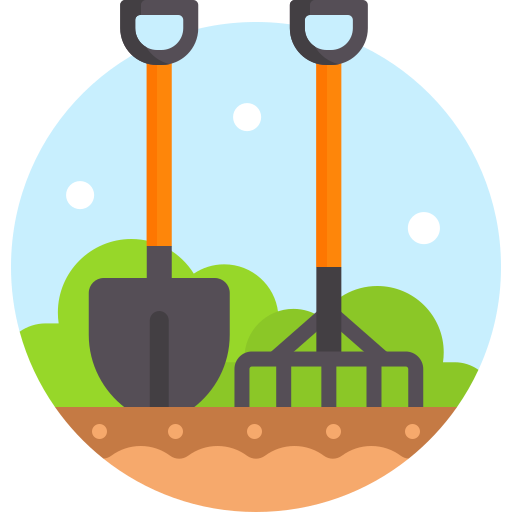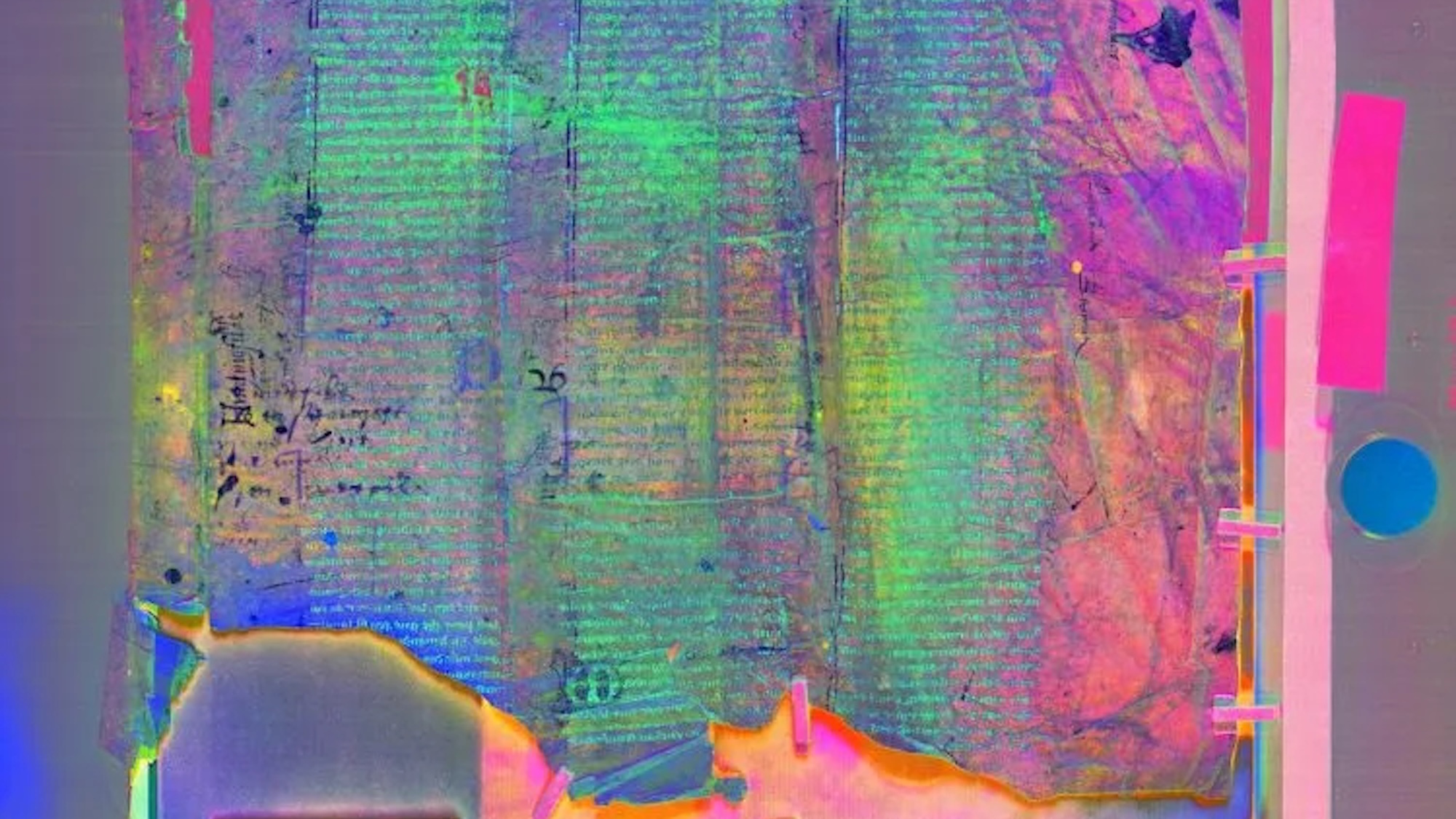Use Caddy for reverse proxy. It’s magic. Just put in config the subdomain/domain and localhost port to point to, it will fetch and configure and keep certificates up to date with zero effort. You’ll forget certificates exist. It just works.
At least we tried? #tfr
- 18 Posts
- 101 Comments

 41·1 month ago
41·1 month agoAnd how can that be lighter than a bicycle, since it is a bicycle with extra stuff?

 6·2 months ago
6·2 months agoA certain sythe sweep near the end of Grim Fandango.
The dip in the river near the end of Bioshock Infinite.
Jumping into the thing near the end of Outer Wilds, and coming down where you come down going through what you go through.

 8·2 months ago
8·2 months agoGlad you found a happy cozy home. Appreciative that I can reply to you from heart of the old beast!
Relative to all the well known commercial social media platforms though aren’t we all into something here hardly anyone else knows about, whether 10 users or a few thousand?

 3·3 months ago
3·3 months agoOne easy way to test accessing your site externally is use a free web proxy to try to load it.
For example (not a personal recommendation, just a random search result) https://wproxy.net/

 19·4 months ago
19·4 months agoCompany I worked for a dozen years ago, who had many significant clients, already had most of their logos created by randos on Fiverr for pocket change.
“The Only Good Indians” by Stephen Graham Jones. Watch out for deer. You never know.

 10·4 months ago
10·4 months agoThis blog post hyperbolically has “do-or-die moment” in title, and then concludes with with the final breathless line, “we must act now, before it is too late” (which it claims is “every scientist’s most familiar motto”, whatever that means). Yet nowhere at all in the blog post or the paper is any suggestion of what “act” could or should be done to avoid this “die” condition.
The “limitations” section of the article is a bit telling (and at least seemingly honest).
- relies “on the instances of scientific fraud that have been reported” (i.e. someone else has already detected fraud and “acted” on it)
- speculates that there’s a lot more fraud, but has no way to quantify or measure, so it is just speculation
- “temporal changes in detection effort or in the attention paid to different fields may produce spurious trends” (um, okay, so we don’t even know if the data they do have is comprehensive enough)
- “systematic fraudulent activity has always been large but that only now has been detected” (ah, an alternate hypothesis just thrown out there that could invalidate the entire conclusion, but is not explored)
- not actually in the limitations section, but elsewhere it is also noted
I like also how the blog post admits, ‘there is still no standard definition of what a “paper mill” actually is.’ In fact no definition is offered by the blog post or the article, though the term is used constantly. (As though the problems of “paper mills” hasn’t been a known concern for dozens of years already.)
The blog post concludes with “If the model public goods game offers any prognostication”. But the “game” model is one that the author just made up earlier in the post, and arbitrarily setting the rules, boundaries and parameters for. So basically this is saying, “if my [extremely simplistic] made up analogy is true…”
I sympathize with the authors’ concerns, but this article seem to me to have a lot of problems, and not offer much of what was promised. Can’t help but wonder if PNAS picked it up just for flame-bait… which would be ironic.

 2·5 months ago
2·5 months agoArchaeologist Flint Dibble covered this, interviewing the actual archaeologist who works with this stuff. She definitely has ideas.
 1·6 months ago
1·6 months agoI have my doubts knowing who the peasant was, or what they said, would enlighten us much. Many things happen in context and have meanings to particular people at particular moments which may not translate generally. In the passage you quote, Tolstoy also says that reading of “Chetyi-Minei and the Prologues” (thank you for the wikipedia link for that) had the same effect on him as listening to the peasant. Would reading these ancient books have the same effect on us? Maybe some of us. But not many of us, if any.
An irony is that Tolstoy says he regards supernatural miracles “as fables to express thoughts”. But almost certainly the illiterate peasant that had such an effect on him would have considered supernatural miracles to be literal historical facts. I would guess that this person likely embraced in many ways the very things Tolstoy found repulsive in the church. But there was something to what they were saying that day which struck him.
We do not entirely have to guess. In the quoted passage, Tolstoy seems to emphasize “that death does not exclude life” being an insight he finds mirrored in many religious stories. So my guess is that there was something about what the peasant was saying, or the way they were saying it, that spoke of this simple and transcendent theme to Tolstoy’s heart. The person may have been a raving lunatic. The person may have been a statue seen in a particular light. The person may have been a gifted savant, an uneducated genius. The person may have been a mystic who spoke in peculiar riddles that happened to echo Tolstoy’s thoughts. The possibilities are endless. Almost anything can bring a sense of insight to those looking.
Anyhow, thanks for sharing. It’s been a long time since I thought about Tolstoy.

 11·7 months ago
11·7 months agoThe article specifically talks about the safety net of government/NASA contracts, and the lead in launch services.
Meanwhile, my coreopsis have barely emerged from the soil… Sigh.
That is some intense judgement. What did you do?? Withhold treats? Breakfast 3 minutes late?? It’s going to take a while to get over this. At least the little green thing is respectfully ignoring you.

 2·8 months ago
2·8 months agoA distant retrograde orbit (DRO), as most commonly conceived, is a spacecraft or it around a moon that is highly stable because of its interactions with two Lagrange points of the planet–moon system.
You may find something at !comicstrips@lemmy.world

 10·8 months ago
10·8 months agoAlso kind of interesting to know there is a quantifiable methodology for rating chewing capabilities, which could potentially be used in other studies.
Anyhow I suspect when we are old and don’t understand what is happening to our weakening bodies some of us may have a greater appreciation for this particular study.
I like the plant
I grabbed the cheapest reasonable looking iGPSport bike computer/tracker from aliexpress years ago. Didn’t have Garmin money. It did the job. Had excellent battery life. Stored my tracks. Connected with heart rate and cadance monitor. The device registered as a storage device over USB and could just copy the gpx files off the thing. There’s also android app that syncs over Bluetooth and with chinese igpsport web site (and can link to strava). Any how it was a bit hacky, but a cool relatively cheap device. Sadly I havent used it in years. Not sure about current igpsport devices. Maybe they will still do simple USB file transfers (if you want to stay offline), maybe not. Something to check out maybe. Not a huge investment.
Been with VoIP.ms a long time. So long that I don’t really know what alternatives are out there. It works for me. I’ve never required any support though, so not sure about your activation issue.

























I also can’t find releases on mobile. I see a bunch of f-froid publishing stuff at bottom or readme. Doesn’t seem to be on f-froid now, but maybe will show up there eventually.